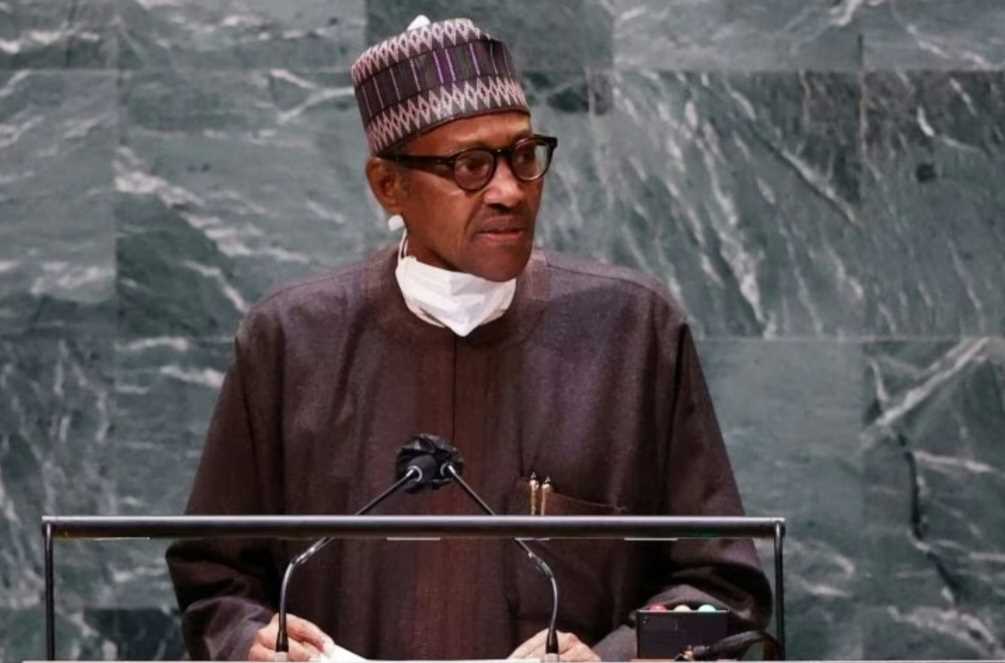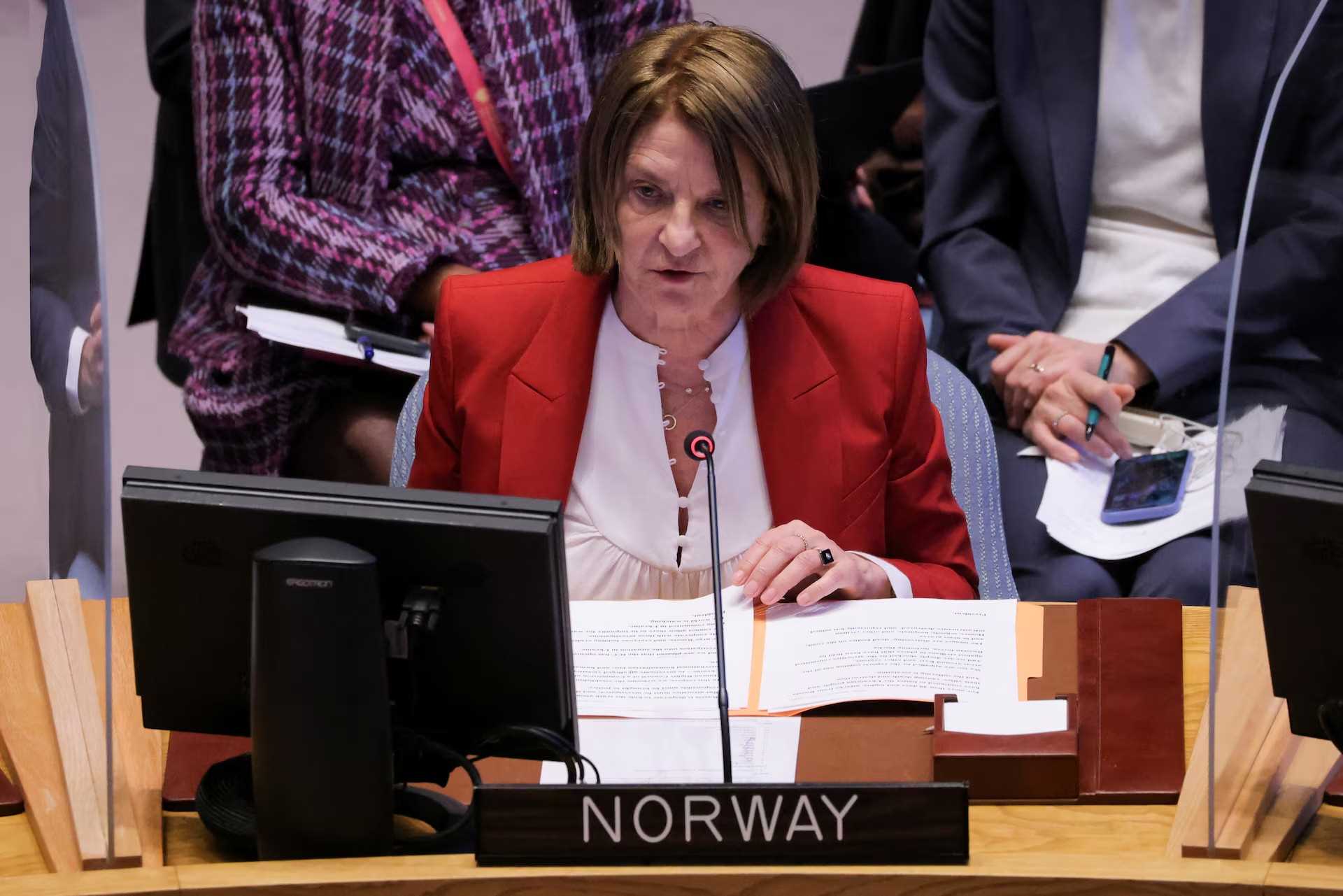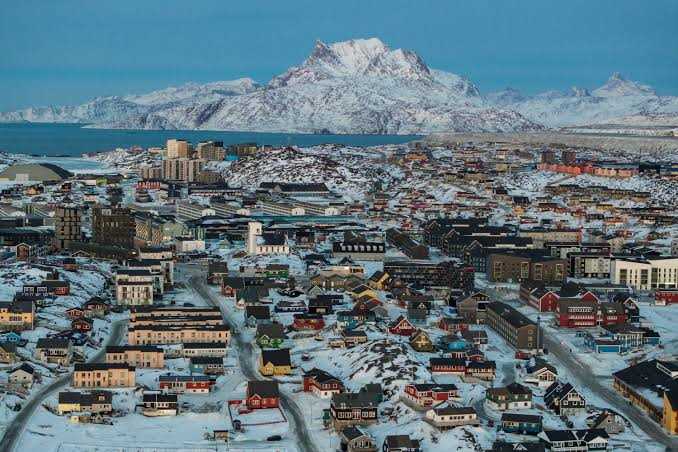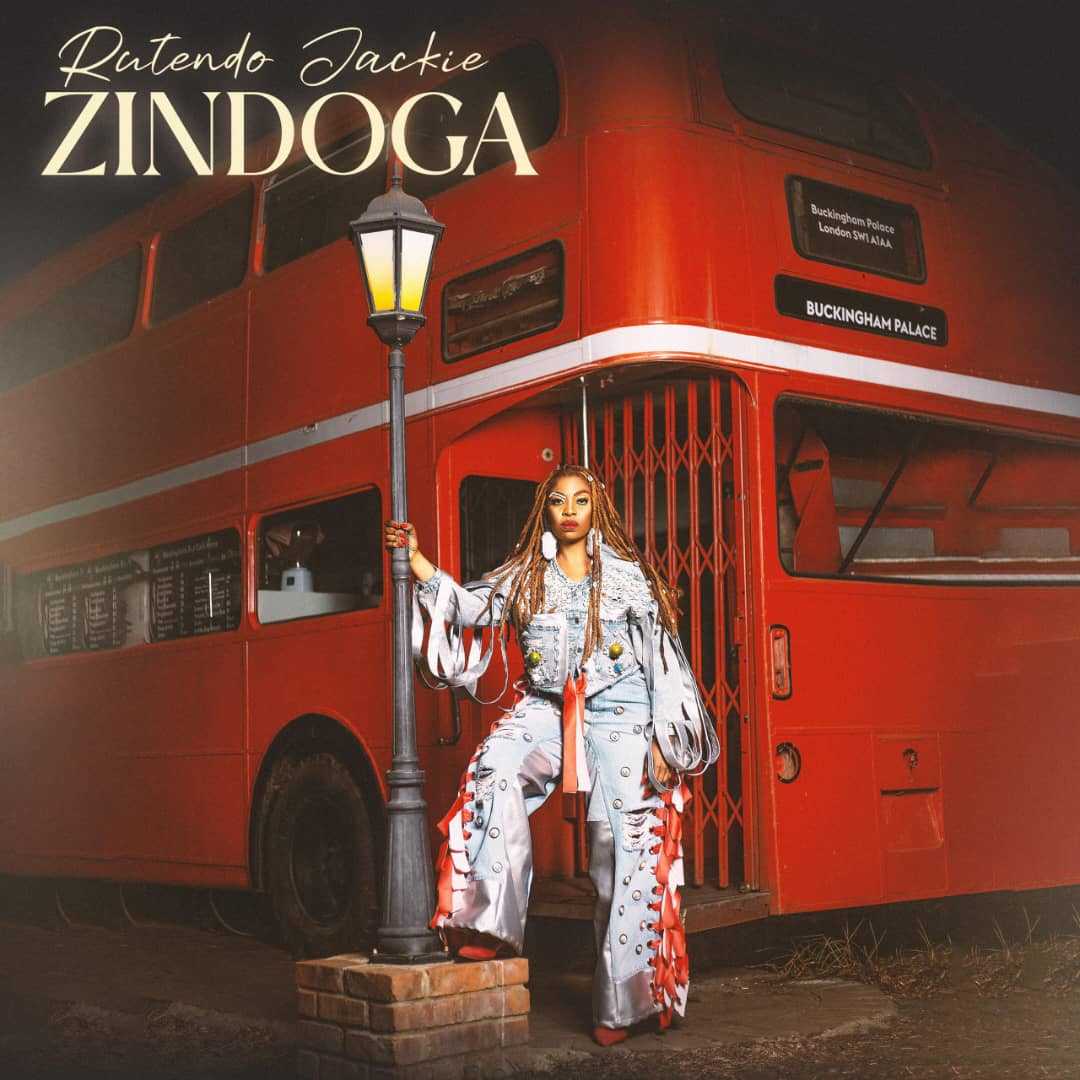
Nigeria’s former president Muhammadu Buhari has died in London at the age of 82, following a lengthy battle with illness.
The announcement was made on Sunday by the spokesperson for current President Bola Tinubu, who confirmed Buhari passed away at around 4:30pm local time.
Buhari made history in 2015 when he became Nigeria’s first opposition leader to win a presidential election, defeating incumbent Goodluck Jonathan in a contest praised for its transparency.
That victory marked a major milestone in Nigeria’s democratic journey and set Buhari apart as a political trailblazer in the post-military era.
A former army general, Buhari had previously seized power in a 1983 military coup, ruling briefly before being ousted. Decades later, he returned to power through the ballot box, recasting himself as a civilian leader with a promise to stamp out corruption and restore discipline in government.
Known for his frugal lifestyle and sharp rhetoric against corruption, Buhari enjoyed a reputation for personal integrity. “I belong to everybody and I belong to nobody,” he famously said in his inauguration speech, signalling a break from Nigeria’s patronage-driven politics.
Yet Buhari’s two-term presidency was far from smooth. Despite early hopes, his administration faced fierce criticism over its handling of the economy and the country’s worsening security crisis.
“He’ll be remembered for achieving what had once seemed impossible — defeating an incumbent president,” said Alexis Akwagyiram, managing editor at Semafor. “But his time in office was marred by economic mismanagement and rising insecurity.”
Related Stories
Buhari’s insistence on defending a strong naira resulted in confusing currency policies and two major economic recessions. The collapse in oil prices, disruption in the Niger Delta, and the COVID-19 pandemic further weakened Nigeria’s economic position, sliding it from the top of Africa’s economic rankings.
Security remained an even more pressing concern. Though Buhari came into office vowing to crush Boko Haram, the Islamist insurgency expanded, and a new threat—ISIL’s West Africa Province (ISWAP)—emerged. Kidnappings, banditry, and separatist tensions intensified, stretching the Nigerian military thin and exposing systemic weaknesses.
Despite the disappointments, Buhari’s supporters still view him as a man of principle. His ascetic lifestyle and refusal to amass wealth stood out in a country where political leaders are often accused of enriching themselves at the expense of the state.
“Even if the results were mixed, his image as a clean, no-nonsense leader earned him lasting respect in many quarters,” said Akwagyiram.
Buhari’s political base in the north, his commitment to electoral democracy, and his message of reform helped him secure two presidential victories—a rare feat in Nigeria’s turbulent political history.
As the country reflects on his legacy, Buhari is likely to be remembered both as a pivotal figure in Nigeria’s democratic development and as a leader whose promises of transformation ultimately fell short.
He is survived by his wife, Aisha Buhari, and their children.




















Leave Comments